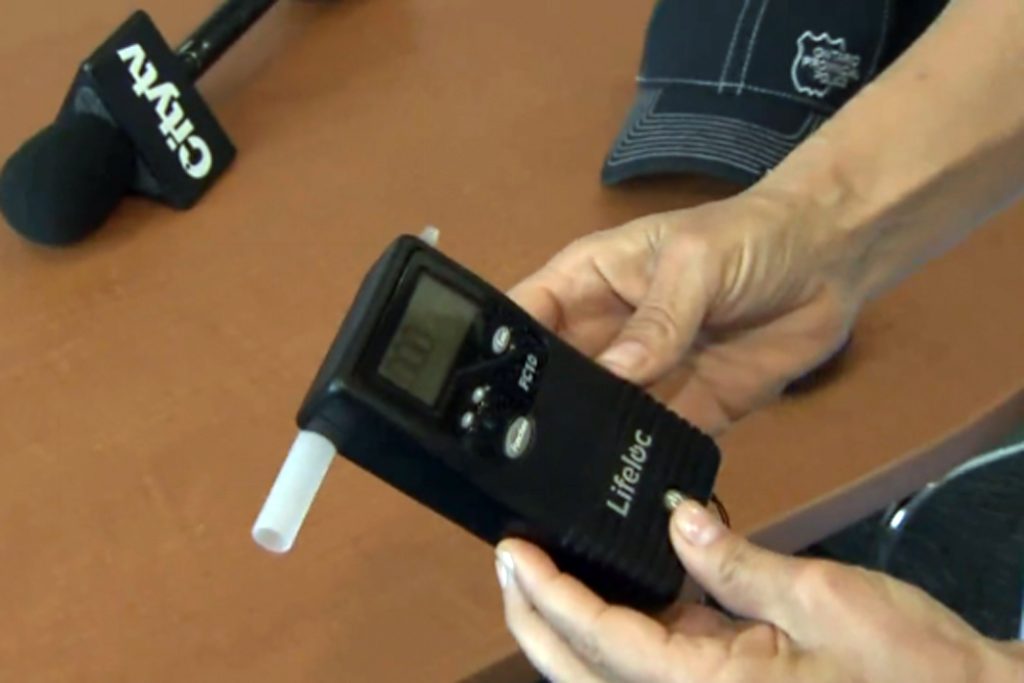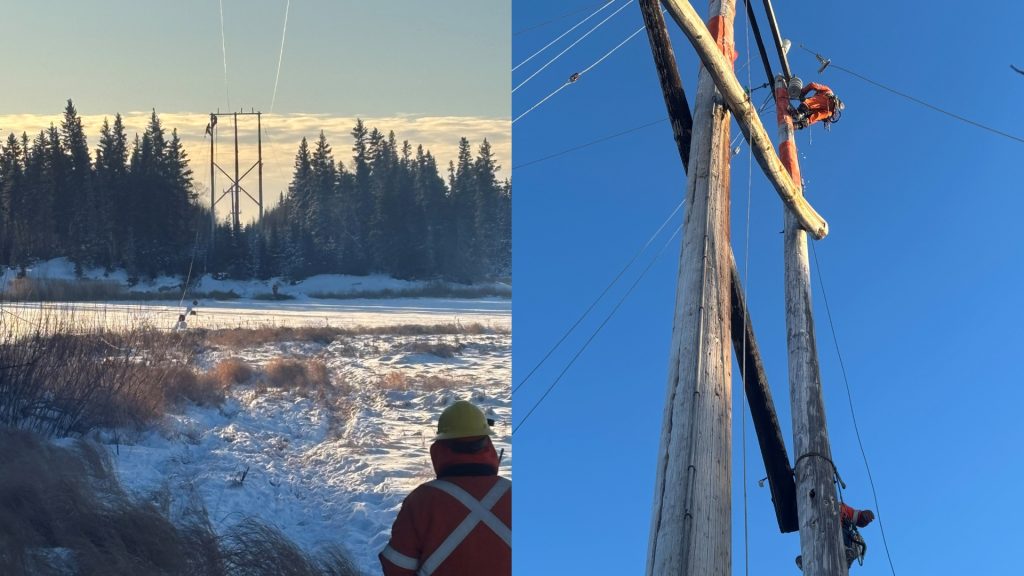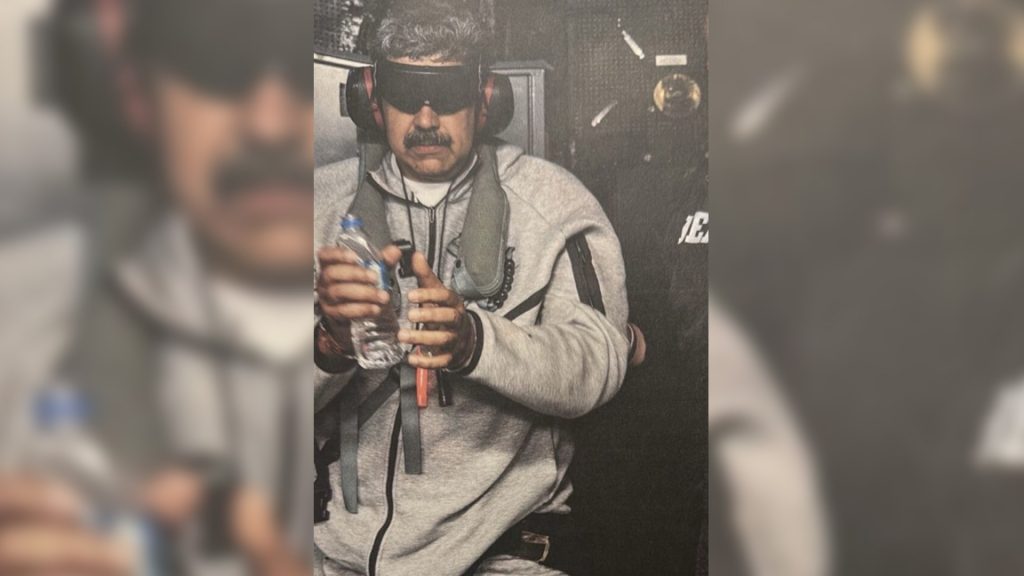Supreme Court ruling clears air on random breathalyzers on private property: CCLA

Posted March 24, 2023 10:30 am.
Last Updated March 25, 2023 2:17 pm.
A video showing Barrie police arriving at a home and ordering a man to provide a breath sample last weekend raised a slew of questions about individual rights and just how much authority police can actually wield when it comes to making such intrusive demands.
In that case, police were acting on a call from a concerned citizen who suspected impaired driving after seeing a vehicle swerving in and out of traffic. That call seemingly gave police the wiggle room to seek the breath test.
In 2018, new tougher impaired driving laws went into effect across the country that give police wider scope to demand breath tests — in some cases, up to two hours after a person has been driving.
But some feared police could begin arbitrarily demanding such tests at homes and private properties across the country.
A Supreme Court ruling on Thursday has now made it clear that police do not have the authority to do so.
“The Supreme Court of Canada has confirmed police do not have the authority to conduct random sobriety stops on private property,” Shakir Rahim, Director of Criminal Justice for the Canadian Civil Liberties Association (CCLA), said in a release Friday.
“This is a victory for all concerned with police awarding themselves new and novel powers outside their existing statutory authority and for reassuring those who care about civil liberties in Canada.”
In the Barrie incident, a CCLA spokesperson told CityNews that “police did have a reason because of the swerving, so they could have stopped on those grounds.”
“If it’s not random then we are in a different ballpark, but if it’s random then yes — no police stops on private property.”
Barrie police defended the breath test demand at the home saying: “Traffic and road safety is a priority of the Barrie Police Service and when a report of impaired driving is received, it is taken very seriously.”
“Our investigations utilize various investigative techniques which can include attending a residence for the necessary follow up.”
The Barrie man who submitted to the breath test, Micah Colbert, 20, admitted to CityNews that the combination of high winds and bad vehicle torque caused his driving to be erratic on the day in question, but he still found the request legally problematic.
“If you already got back home, how could you even prove that I was drinking alcohol? And furthermore, if you didn’t pull me over directly, how do you know I was driving that car?” he questioned.

Barrie police ordering Micah Colbert, 20, to submit to a breath test after receiving a complaint about his driving. @MicahColbertt
According to the Criminal Code, anyone who refuses to give a breath sample could receive the same penalties as someone found guilty of impaired driving — a minimum $2,000 fine, their vehicle impounded for seven days and a 90-day licence suspension.
The Department of Justice Canada told CityNews the law that allows police to demand breath tests up to two hours after driving was put in place to fight specific legal loopholes that some were using to try to avoid impaired driving convictions.
“This change was enacted to remove the bolus drinking defence (where a driver consumes a significant amount of alcohol before or while driving and argues they were not over the legal limit ‘at the time of driving’ as the alcohol had not been completely absorbed) and to limit the intervening drink defence (where a driver consumes alcohol shortly after driving, before providing a preliminary breath sample).”








